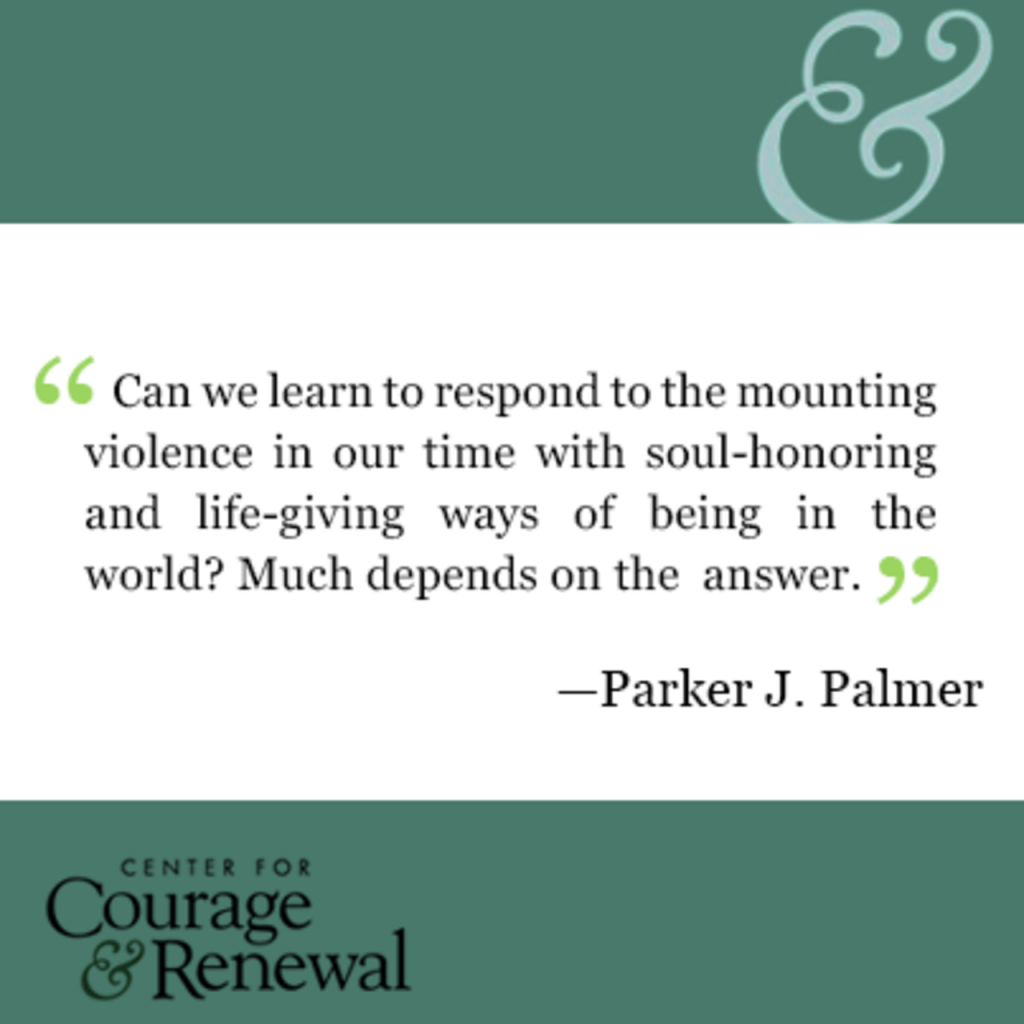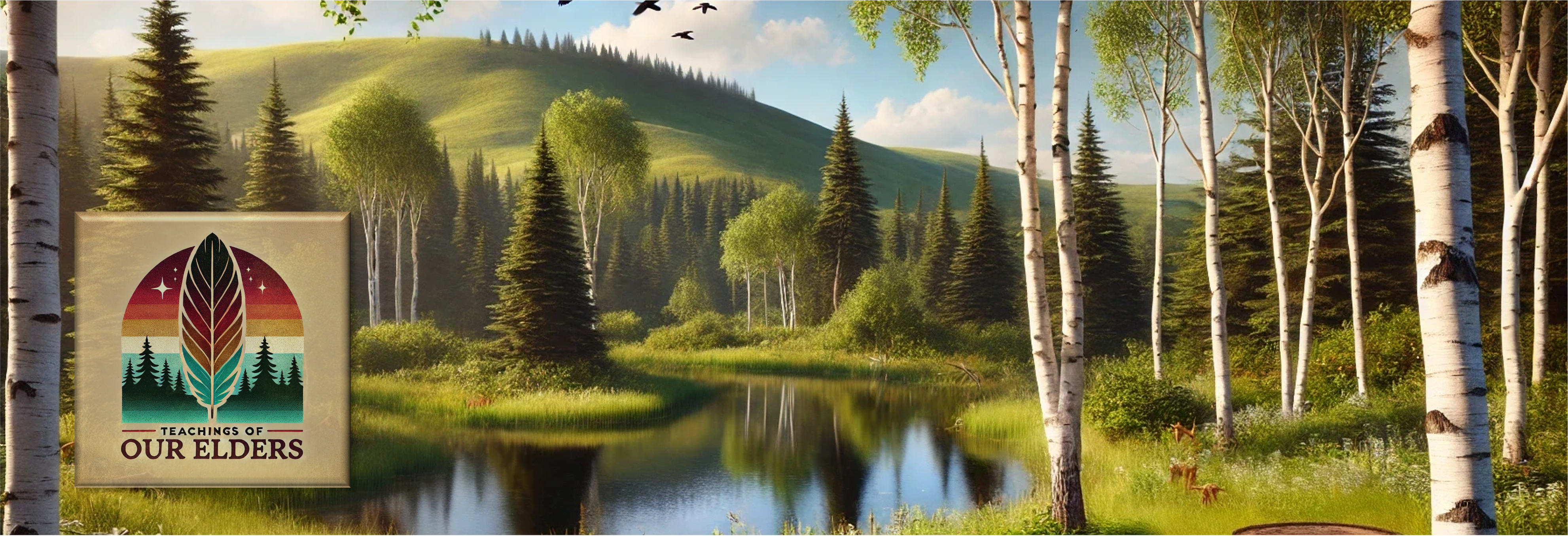What is an Online Circle of Trust?

Although it would certainly be beneficial to move through this content on your own (reading, watching, reflecting, journaling), we feel the most productive use of this workshop material is to engage with it in community. Forming small circles (4 to 6) for sharing and conversation is best. Each section contains instruction for viewing video clips, journaling around particular questions, and engaging in conversations with your circle.
The process is fairly straightforward, but given the potentially sensitive nature of many of the stories, perspectives and discussions that could be shared, we feel like some very direct guidance on HOW to engage in a circle conversation that remains both safe and vibrant will be helpful. The model that we use in creating safe circle space when we do workshops or retreats in person is the Circle of Trust® approach developed by Parker Palmer, author and founder of the Center for Courage & Renewal®. The key guiding principles for creating this type of safe and trustworthy space are the Courage & Renewal Touchstones®.
Circle of Trust® Touchstones for Safe and Trustworthy Space
- Give and receive welcome. People learn best in hospitable spaces. In this circle we support each other’s learning by giving and receiving hospitality.
- Be present as fully as possible. Be here with your doubts, fears and failings as well as your convictions, joys and successes, your listening as well as your speaking.
- What is offered in the circle is by invitation, not demand. This is not a “share or die” event! Do whatever your soul calls for, and know that you do it with our support. Your soul knows your needs better than we do.
- Speak your truth in ways that respect other people’s truth. Our views of reality may differ, but speaking one’s truth in a circle of trust does not mean interpreting, correcting or debating what others say. Speak from your center to the center of the circle, using “I” statements, trusting people to do their own sifting and winnowing.
- No fixing, saving, advising or correcting each other. This is one of the hardest guidelines for those of us who like to “help.” But it is vital to welcoming the soul, to making space for the inner teacher.
- Learn to respond to others with honest, open questions. Do not respond with counsel or corrections. Using honest, open questions helps us “hear each other into deeper speech.”
- When the going gets rough, turn to wonder. Turn from reaction and judgment to wonder and compassionate inquiry. Ask yourself, “I wonder why they feel/think this way?” or “I wonder what my reaction teaches me about myself?” Set aside judgment to listen to others—and to yourself—more deeply.
- Attend to your own inner teacher. We learn from others, of course. But as we explore poems, stories, questions and silence in a circle of trust, we have a special opportunity to learn from within. So pay close attention to your own reactions and responses, to your most important teacher.
- Trust and learn from the silence. Silence is a gift in our noisy world, and a way of knowing in itself. Treat silence as a member of the group. After someone has spoken, take time to reflect without immediately filling the space with words.
- Observe deep confidentiality. Safety is built when we can trust that our words and stories will remain with the people with whom we choose to share, and are not repeated to others without our permission.
- Know that it’s possible to leave the circle with whatever it was that you needed when you arrived, and that the seeds planted here can keep growing in the days ahead.
© Center for Courage & Renewal, founded by Parker J. Palmer.
- Explore more concerning the Touchstones here.
- Download a printable poster of the Touchstones here.
- Learn more about the Circle of Trust approach here.
Third Thing: JT Shining One Side, “We Begin With the Stars”
“Learn From” Questions
- Have I ever experienced my spirit walking while I sleep? What was it like and where did I go?
- Do I feel that I have a “warrior” that helps and watches over me? If so, what is the warrior like? Does it have a name?
- Am I able to identify gifts in me that I bring to the world?
- JT said, “In loving the Creator you will be able to love yourself and come to know love too.” What does this mean to me?
- Am I in a place to “know love” in my life?

